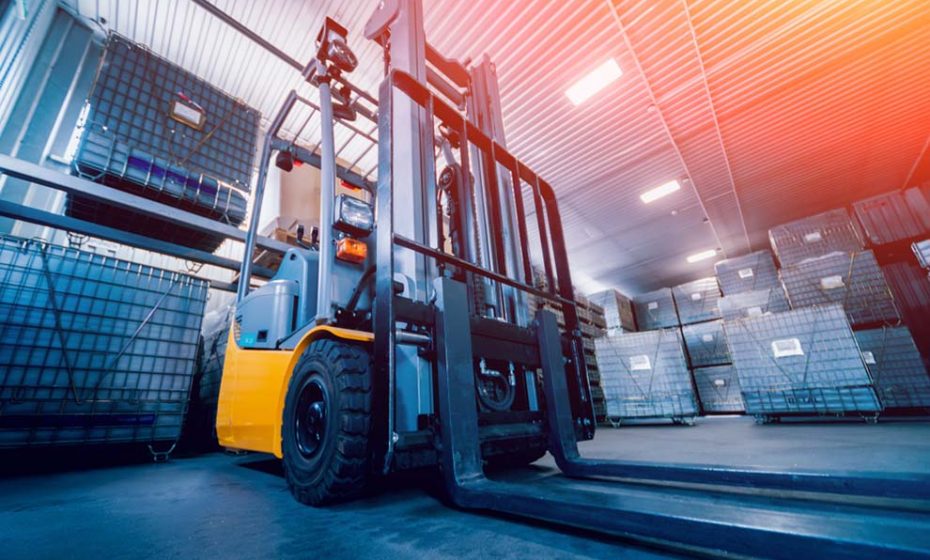
Source: adtapon duangnim/Shutterstock.com
When it comes to shipping internationally, FOB stands for “Free on Board.” It’s a common term used to pass liability from the seller to the buyer. If the goods are destroyed or damaged along the way, one party will need to assume responsibility and pay the fees associated with replacing the goods in question. FOB also includes the cost of shipping the goods from one point to another.
Using FOB When Shipping Internationally
FOB is used in almost every shipping transaction. Both the seller and buyer will need to decide who’s going to pay for shipping, insurance, inspection and everything needed to move the product to its destination. In the eCommerce industry, the retailer will usually assume responsibility starting at the point of origin, or where the product is being stored or manufactured, up until the product arrives at the customer’s front door.
If a company or individual wants to ship something to another country, they may assume responsibility for the item, starting from their home or business and until the product arrives at its destination. They may also contract with a third-party to deliver the item on their behalf. In that case, the third-party would be responsible for any damage.
Every FOB agreement is different. Some carriers or companies may only be responsible for a portion of the journey before handing it off to another party.
Use a Pallet Container to Keep Products Organized and Secure Before Shipment

Source: Roman Zaiets/Shutterstock.com
Additional Considerations When Using FOB
Companies should consider how much of the journey they want to be responsible for when creating the FOB. When assuming responsibility for these items, it’s important to err on the side of caution by making sure they are handled with care every step of the way.
It’s important to contract with reliable parties with a good track record of moving goods overseas. Some companies will only assume responsibility for goods while they are in their possession. As soon as it leaves the warehouse, it becomes the carrier’s or customer’s problem.
For example, if a company owns a fleet of vehicles, it will assume responsibility while the goods are on the road. The FOB ends when they hand them off at port. At that point, a new FOB will come into effect as the freight company ships the goods overseas.
Safe Shipping Tips
When taking goods into your possession, use these tips to keep your goods safe and secure:
Use a pallet container to make sure your goods will fit onto the pallet. All goods are moved using pallets when traveling overseas. If your package doesn’t fit onto a pallet or is deemed unstable, it may be returned to its place of origin.
If you are physically moving these yourself, consider using industrial wire baskets to keep eyes on your inventory. Your workers can evaluate the condition of your goods without having to open the container. They can also reach inside and grab what they need without having to touch the lid.
Industrial Wire Baskets Make It Easy for Employees to Quickly Grab Goods
You can also use Gaylord boxes when attaching them to a pallet. This is a great way to keep dozens of containers together so they don’t get separated during transit. Look for used Gaylord boxes to save even more.
Use plastic or metal pallets to get your goods through customs as quickly as possible. Wood pallets must be inspected according to ISPM-15, which prohibits the spread of wood-borne pests and bacteria.

Source: veeterzy/Shutterstock.com
If your goods have irregular dimensions or you are shipping a custom-made item, use international shipping crates for more stability and support. These containers are easy to build and customize, so you can find the perfect container for your goods.
FOB is here to make your life easier as a shipper or manufacturer. Your products should be in good hands as they make their way to their destination, whether you’re shipping them yourself or hiring a third-party. If you assume responsibility for the transportation process, keep these tips in mind to make sure every order arrives intact.
